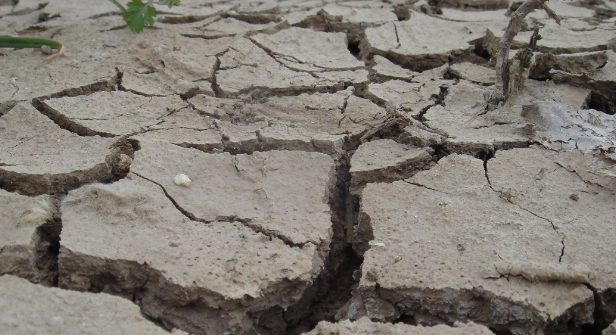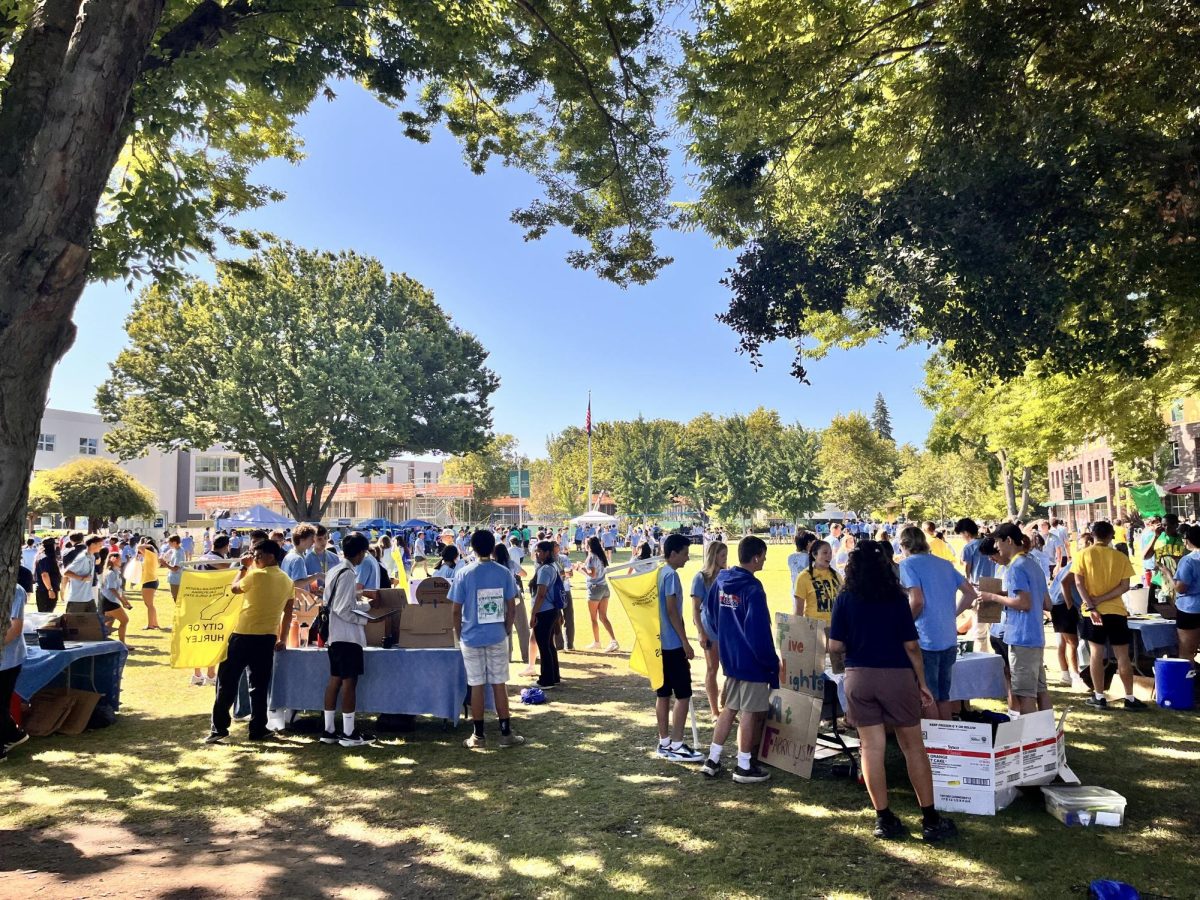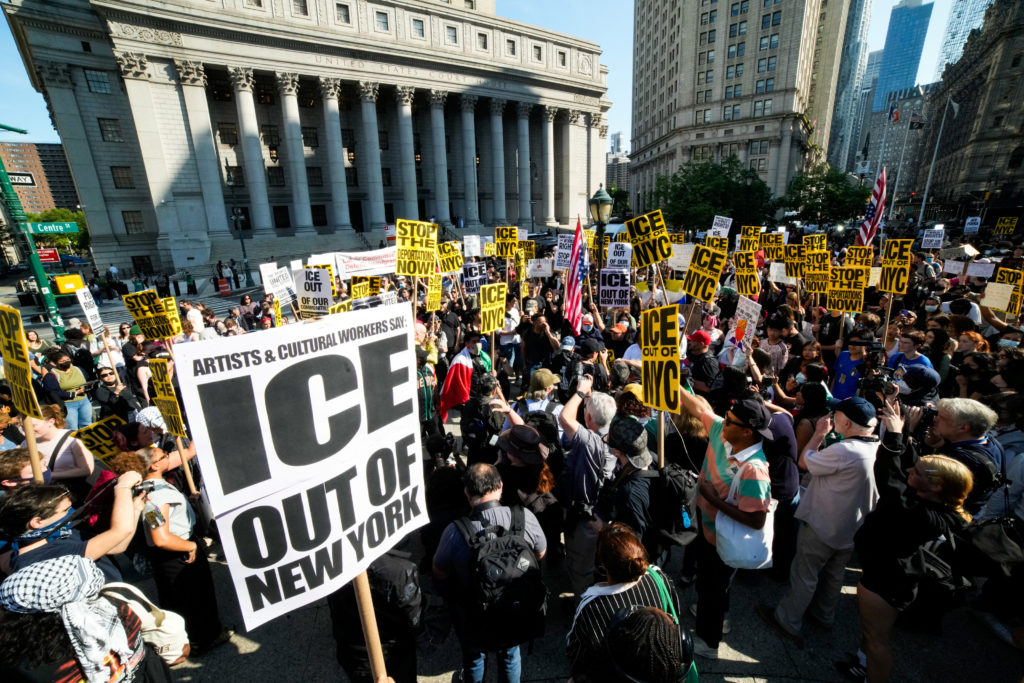On Friday, Sept. 8, the Marrakesh area in Morocco quaked upon the arrival of a 6.8-magnitude earthquake, devastating the region. It is reported that the natural disaster was caused by a reverse fault “between the Morocco and Iberia microplates,” and that it claimed the lives of more than 2,500 people.
Entire villages fell apart, and communities were ruined in the Northern African nation. Rescuers scrambled to ameliorate the situation by searching for missing people
that might be hidden under debris. It was reported that another 2,500 people were found injured.
Search teams struggled to locate anyone, as mud roads and collapsed buildings made for a treacherous environment. A nearby mountain region remains another target for potential missing persons, although it is even more difficult to discover injured people there.
Suleiman Aytnasr was a young victim of the earthquake who died in his home with his mother. His father spoke to Reuters, saying, “As she came back, the earthquake happened and the ceiling was destroyed and fell on him.”
Search teams from other nations have arrived in Morocco to help in the search. Britain, Qatar, and Spain were among these countries to send help. There were no Americans dead and little were injured in the region.
Despite the minor impact inflicted on the United States, it is important to acknowledge and understand the horrible impact that events like these can inflict on foreign nations. It is easy to forget that the world is a large and vast place, and that the United States only accounts for four percent of the global population. Solidarity and humanitarianism between separate countries is necessary in times like these to help other communities with the obstacles that cross their path.














